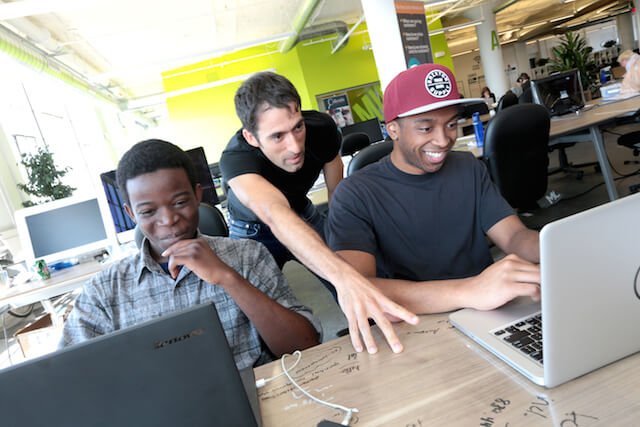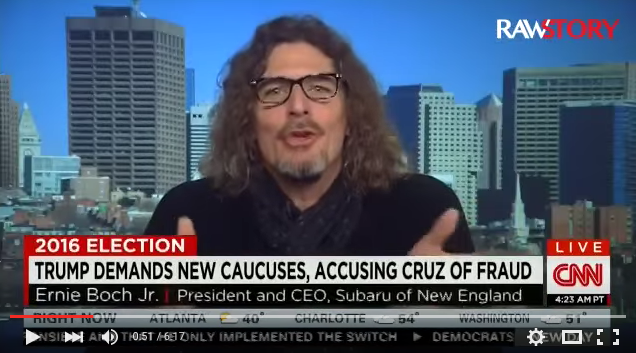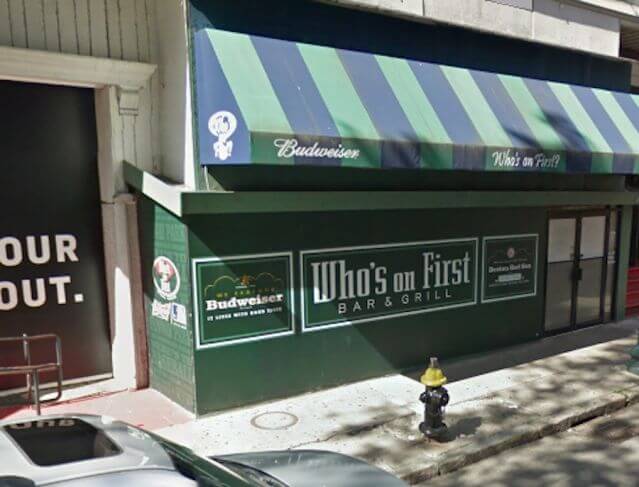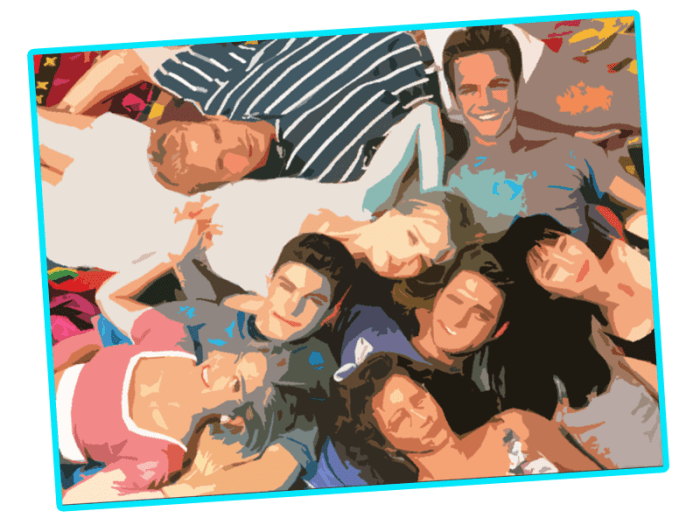David Delmar remembers the moment coding clicked for a kid nicknamed ‘Spanish.’
He had figured out how to change the colors on the basic web page he was building for his class at Resilient Lab and shouted, “Oh word!”
“That was this ‘eureka’ moment when kids saw first-hand that they could create something that they consume regularly,” Delmar said. One kid asked if coding could earn him enough money to buy a car. “You could probably afford two,” Delmar replied. Delmar started the Hacking the Opportunity Gap program in September 2014, hoping to bring high-risk, urban kids into the world of web design.
“I realized that there were not many people of different ethnic or social and economic backgrounds at the coding conventions I would go to,” Delmar said. “For the most part, I found people working in coding to be middle class white people, which creates a huge problem that’s not being addressed.” By working with kids who have been deemed at-risk or proven risks in the courts, Delmar has found a way to create opportunities for people he says don’t get the chance to learn such a valuable and lucrative skill set. “A hacker isn’t someone who hacks into Bank of America,” Delmar said. “Instead, they look at a problem and find a way around it. Here’s a problem, figure it out. This is a social problem and the solution isn’t clear. It’s not like a word problem in school, it’s about finding a new way to go about navigating an old problem.” Delmar visited a Department of Youth Services correctional facility in Roslindale and saw the potential of opening an entire program to teach kids the ways of web design. The results of the program were so successful that the Boston Police Department started helping Resilient Coders get the funding they needed to help keep the kids off of the streets. Normally, there are about 12 to 15 students in the year-long class. The students usually come from Dorchester, Roxbury, Mattapan, Hyde Park and Roslindale, and range from age 16 to 24. The three-part program funnels students learning HTML after school into an alternative-style classroom that eventually leads to hourly employment. “We’ve seen a huge success rate with real clients,” Delmar said.
“Real clients” include the local travel app Wanderlu, which they designed for the iPhone. When it hit the market, it held the number one sales spot on the App Store. Another student took a job at the Boston Globe at age 19. “These kids fit one or both of two categories: Social justice activist and hustlers. I tell activists that 77 percent of the jobs available will require skills that they’re not getting at school, and kids with better resources have better access to them,” Delmar said. “There is a massive educational discrepancy, which increases the disparity in neighborhoods. I tell hustlers that there’s money to be made and they dive right in.”
Resilient Coders helps troubled youth hack the opportunity gap

Nic Czarnecki/Metro Boston


















